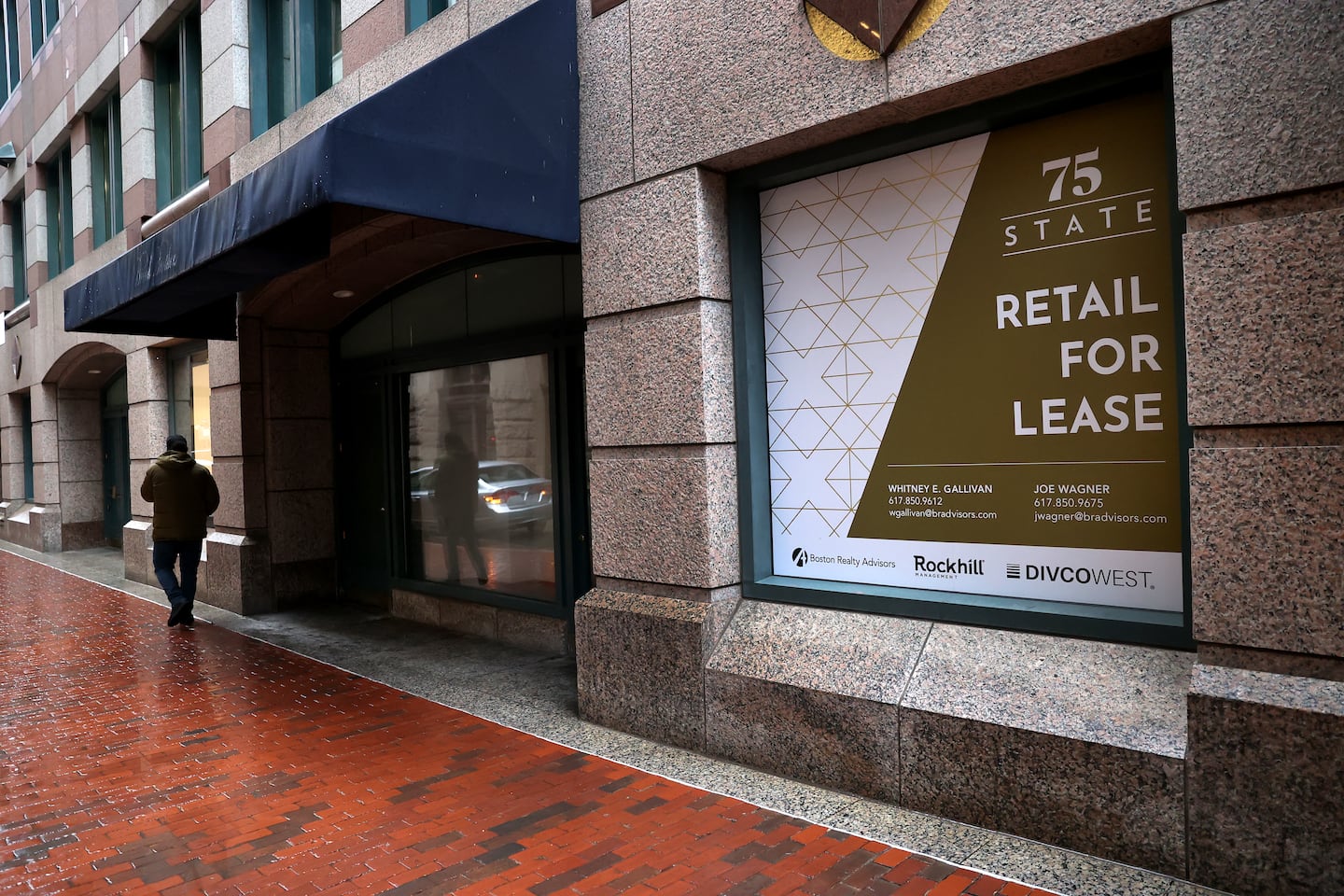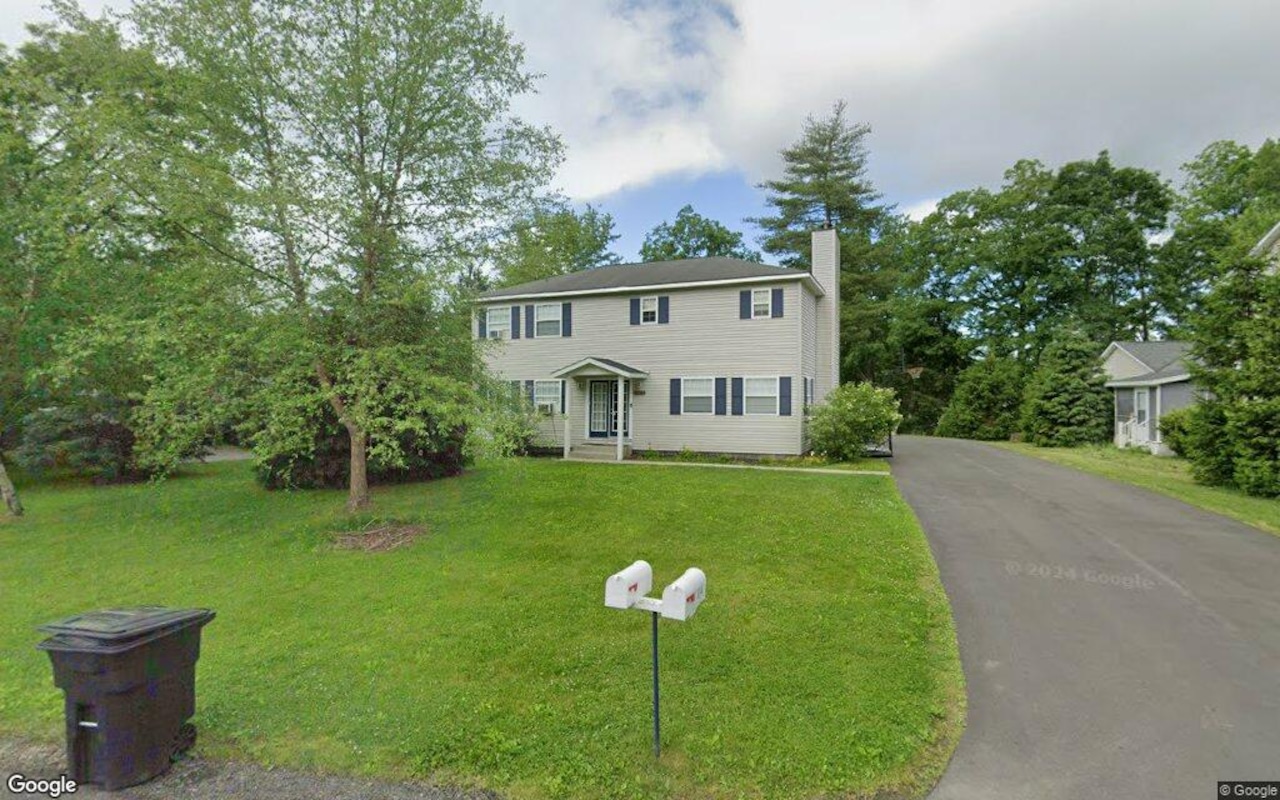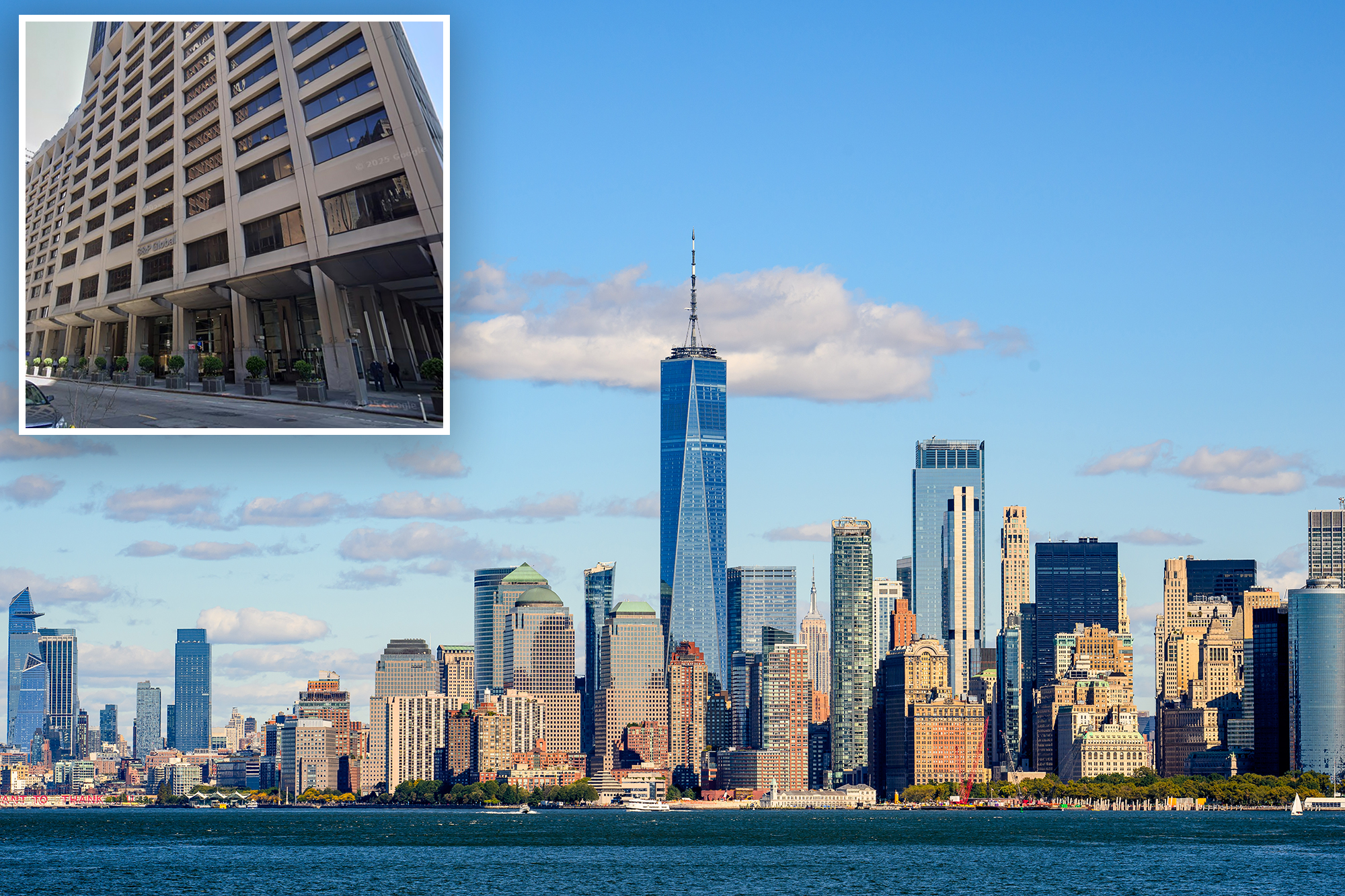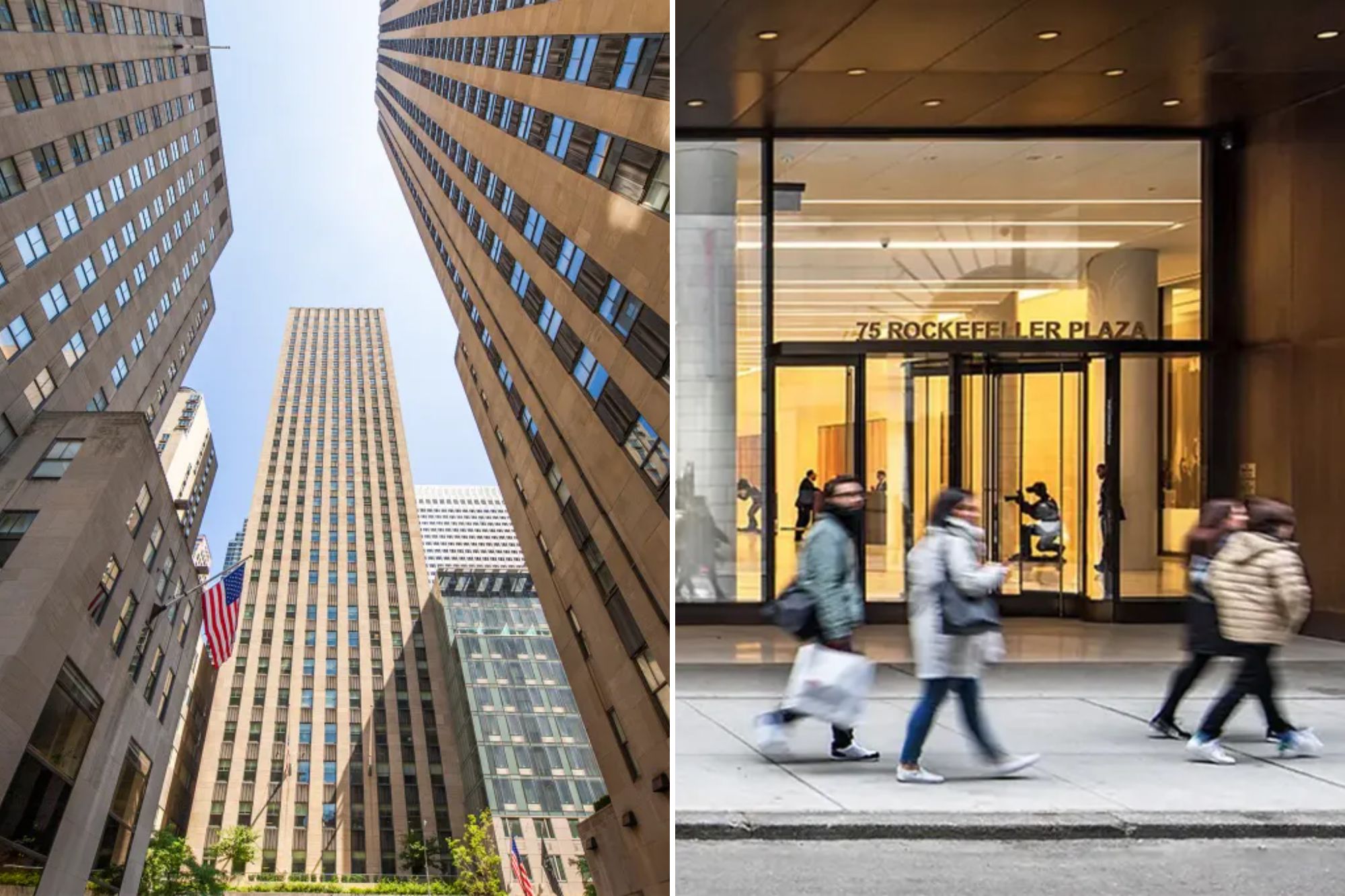T
hursday's hearing on Wu's plan to address Boston's financial challenges focused on whether it adequately addresses the city's long-term problem of declining commercial property values. Experts testified that the administration has presented a short-term solution to a short-term problem, when in fact the issue poses a grave threat to the city's financial health for years to come.
Evan Horowitz, executive director at the Center for State Policy Analysis at Tufts University, said the US and Boston economies are shifting towards remote work, making offices less valuable. This will limit the city's ability to tax them indefinitely. Greg Maynard, cofounder of the Boston Policy Institute, added that commercial property values are dropping faster than predicted, with a report from his organization finding that residential property owners could pay an additional $1.5 billion in taxes over five years.
Nick Ariniello, assessing commissioner, argued that BPI's report was misleading and the city is not facing a significant revenue shortfall. However, Maynard countered that the administration needs to get its story straight on whether there is a budget crisis or not. The warnings voiced Thursday echo concerns from business groups and fiscal watchdogs over Wu's proposal.
Property taxes fund 70% of Boston's annual budget, but high office vacancy rates have lowered commercial real estate values, leading to lower revenue for the city. Homeowners will face higher property taxes unless the city makes budget cuts or doesn't collect the full amount allowed by state law, options dismissed as "not viable" and "financially irresponsible." Wu's proposal would reduce a 14% year-over-year property tax increase to 5%, but commercial properties would face higher tax rates.
Horowitz and Maynard argued that Wu's plan only delays the impact of the root problem and could worsen it. They suggested budget cuts, not taking the full amount of property taxes allowed by state law, and diversifying revenue sources. However, municipalities are restricted in creating new tax revenue sources, requiring state approval. City officials have collected the maximum 2.5% annual increase in property taxes since the statute's implementation.
Horowitz said this approach is "toxic for the future of Boston" as it would lead to huge increases in property taxes and harm the economy. The city needs a new approach to budgeting that addresses both short-term and medium-term challenges.














